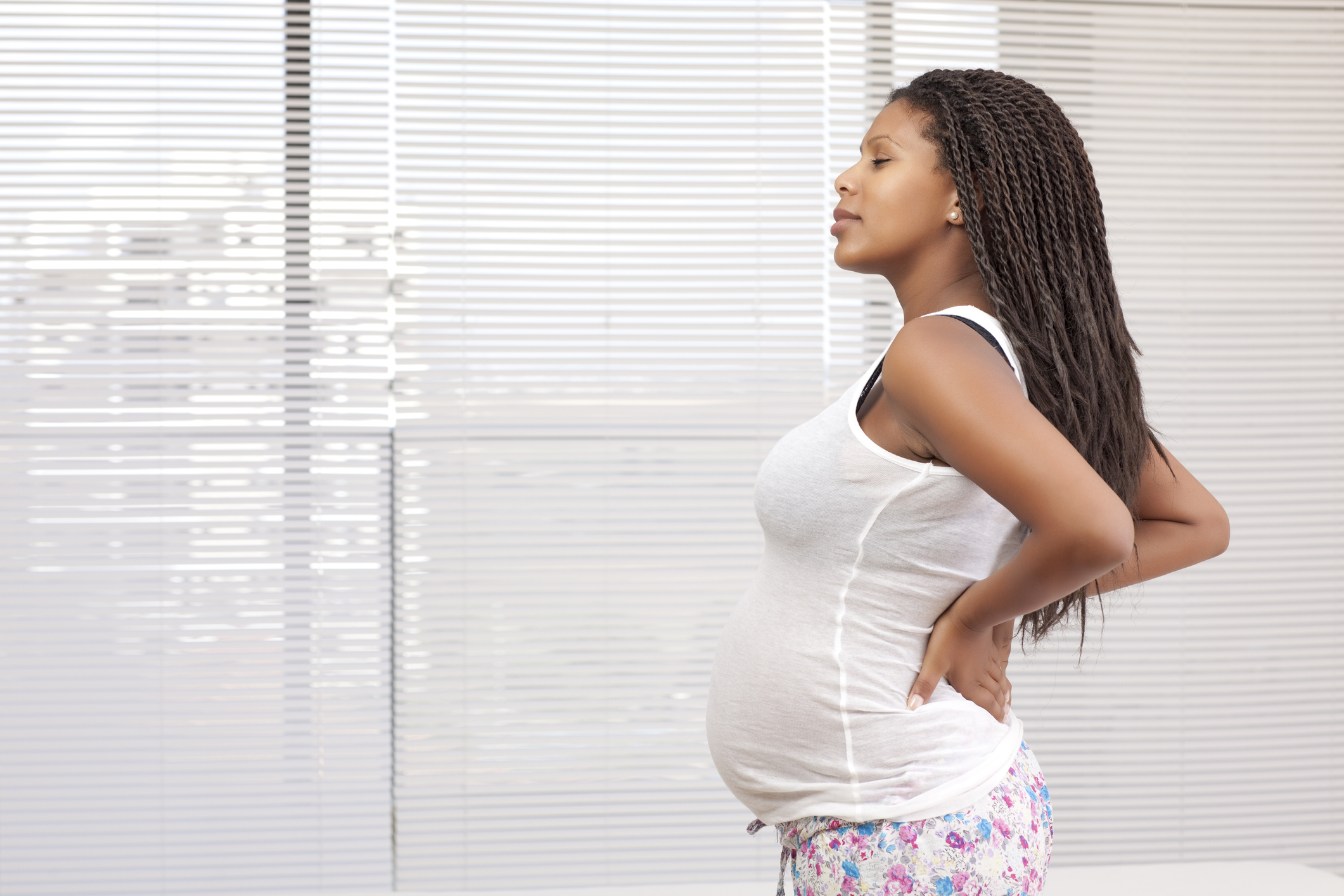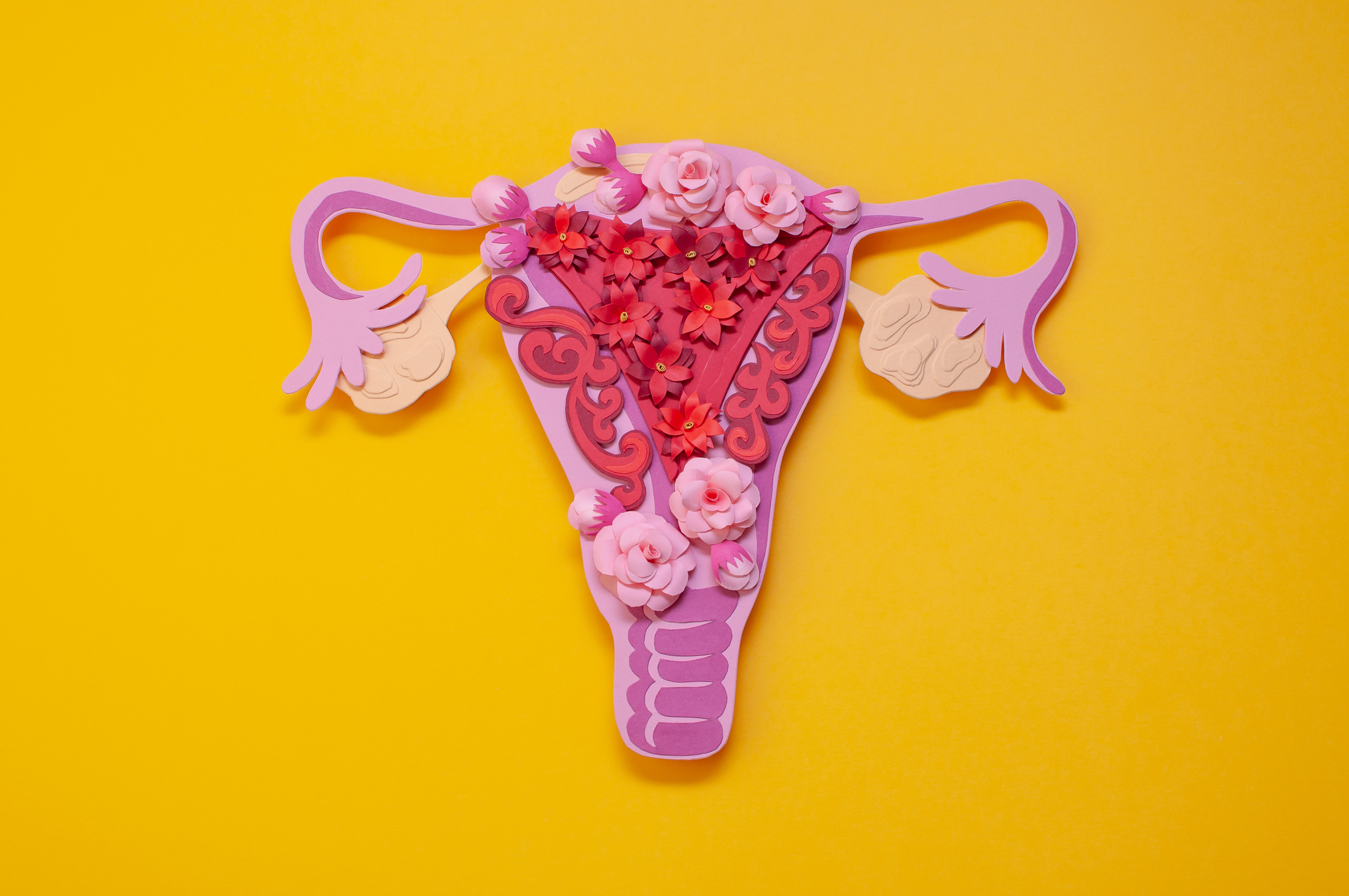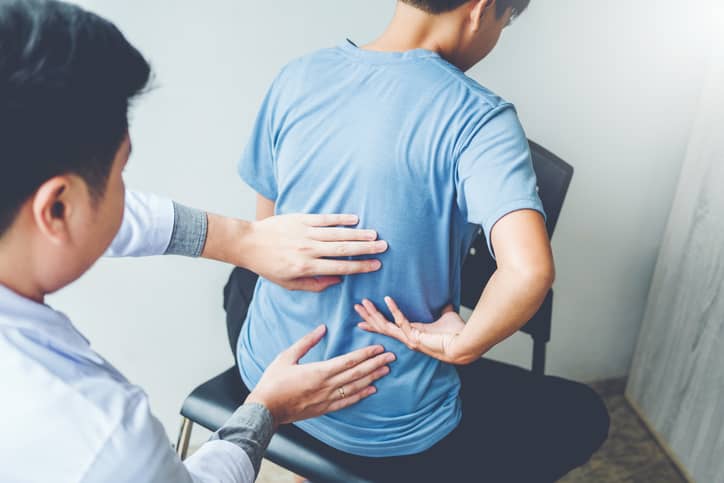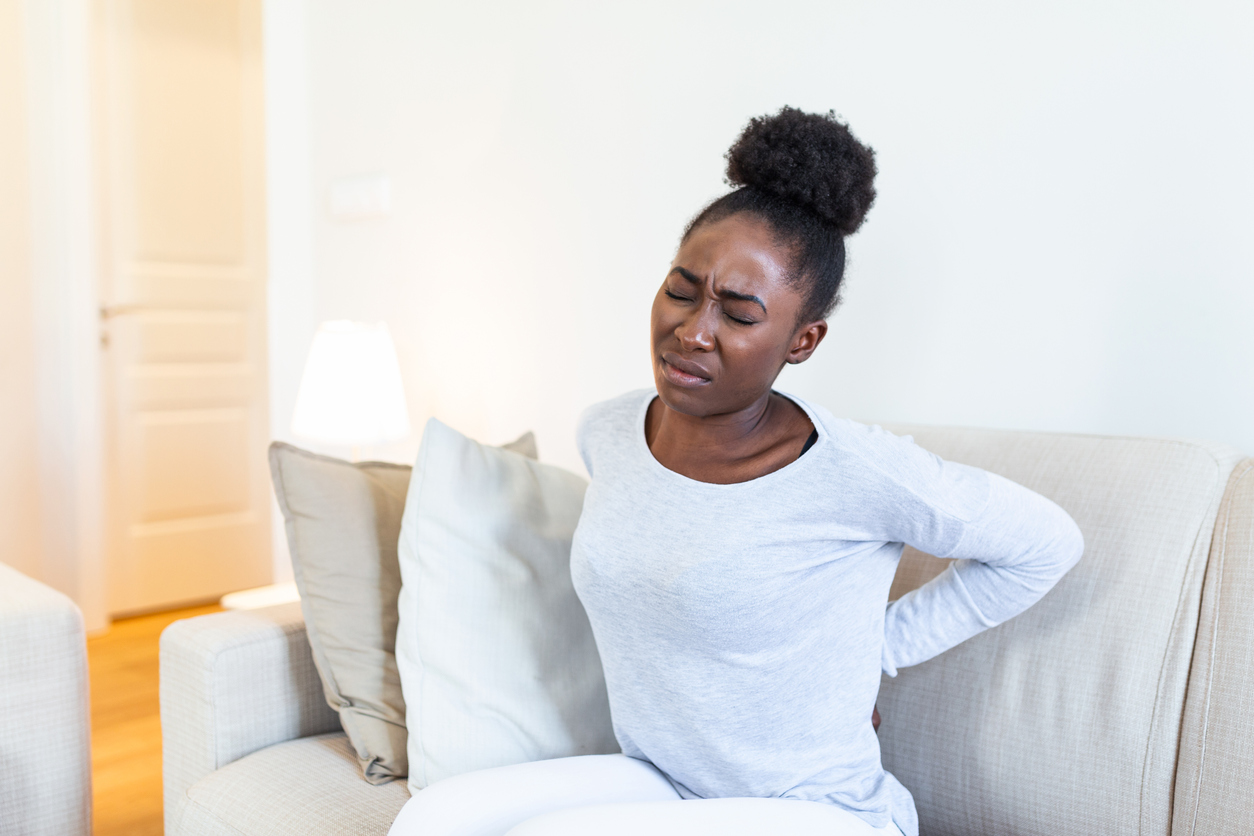Back pain affects everyone differently, and there are some causes that specifically affect people born female. This is because some forms of back pain are connected to having periods or pregnancy.
Some of these causes of back pain are nothing to worry about, but others call for a visit to the doctor. Read on to learn about some of the common causes of back pain in females, what you can do to get some relief, and when to seek medical help.
Period pain
Sometimes, periods can be painful. This is because during your period, your womb sheds its lining tissue, and the muscles of your womb tighten to help your body get rid of it. The sensation of the muscles tightening (contractions) can be painful, and this pain can spread to your back and thighs.
The following things can help relieve period pain:
- a warm bath, or holding a warm pad or hot water bottle against your tummy or back
- gentle exercise, such as walking, swimming or cycling
- lightly massaging your lower tummy
- relaxing activities, such as yoga or pilates
- nerve stimulation using a transcutaneous electrical nerve stimulation (TENS) device, which delivers a mild electrical current
It may help to take simple painkillers. Speak to your pharmacist or doctor for further guidance on how to safely get and use these medicines.
If you have really bad period pain, irregular periods or notice changes from your normal period pattern, ask your doctor for advice.
Pregnancy
Back pain is common in a healthy pregnancy. In the early weeks, the ligaments that support your bones soften and stretch as your body gets ready for labour. This can put a strain on your lower back and pelvis, and cause back pain.
If you’re in your second trimester (13 to 27 weeks) or third trimester (28 to 41 weeks), back pain can be an early sign of labour, so contact your doctor or midwife. You should also see a medical professional if your back pain is severe or you have other concerning symptoms, such as bleeding or fever.

How can I relieve back pain during pregnancy?
It’s best to try alternative ways to relieve back pain when pregnant before taking medicines, and you should ideally avoid taking painkillers during pregnancy, especially during the first 3 months.
If you need to take medicines, you can consider paracetamol for your back pain – but speak to your doctor or pharmacist first, as it’s not suitable for everyone. Try to take it at the lowest dose and for the shortest time you can manage.
Endometriosis
Another condition that can cause back pain in people born female is endometriosis. This is where tissue that's similar to the lining of the womb grows elsewhere in the body.
Pain in your lower back or tummy is one of the main symptoms of endometriosis. This can be worse during your period, which may be very painful. You may also have very heavy periods, and pain during or after sex.
If you have symptoms of endometriosis, you may find it helpful to keep a symptom diary before you visit your doctor, as it can be difficult to diagnose. While there's no cure, your doctor may be able to prescribe medication to help ease symptoms, and they can discuss other treatment options with you.

Premenstrual dysphoric disorder (PMDD)
In the days before your period, you may feel bloated, have a headache or mood swings, or suddenly crave something sweet. This set of symptoms is known as premenstrual syndrome (PMS). You may also get pain in your back.
Some people get a more severe form of PMS, which is known as premenstrual dysphoric disorder (PMDD). The emotional and physical symptoms are similar, but worse – including back pain – and can affect your daily life. If you have a family history of PMDD, depression or other mood disorders, you may be more at risk of developing PMDD.
Key points
- causes of back pain that are specific to people born female include period pain, pregnancy, endometriosis and PMDD
- if painful periods are disrupting your everyday life, talk to your doctor
- back pain in the early stages of pregnancy is common, and is considered normal
- if you're worried about back pain in pregnancy, talk to your doctor or midwife
- if you develop back pain during your second or third trimester of pregnancy, you may be in labour





